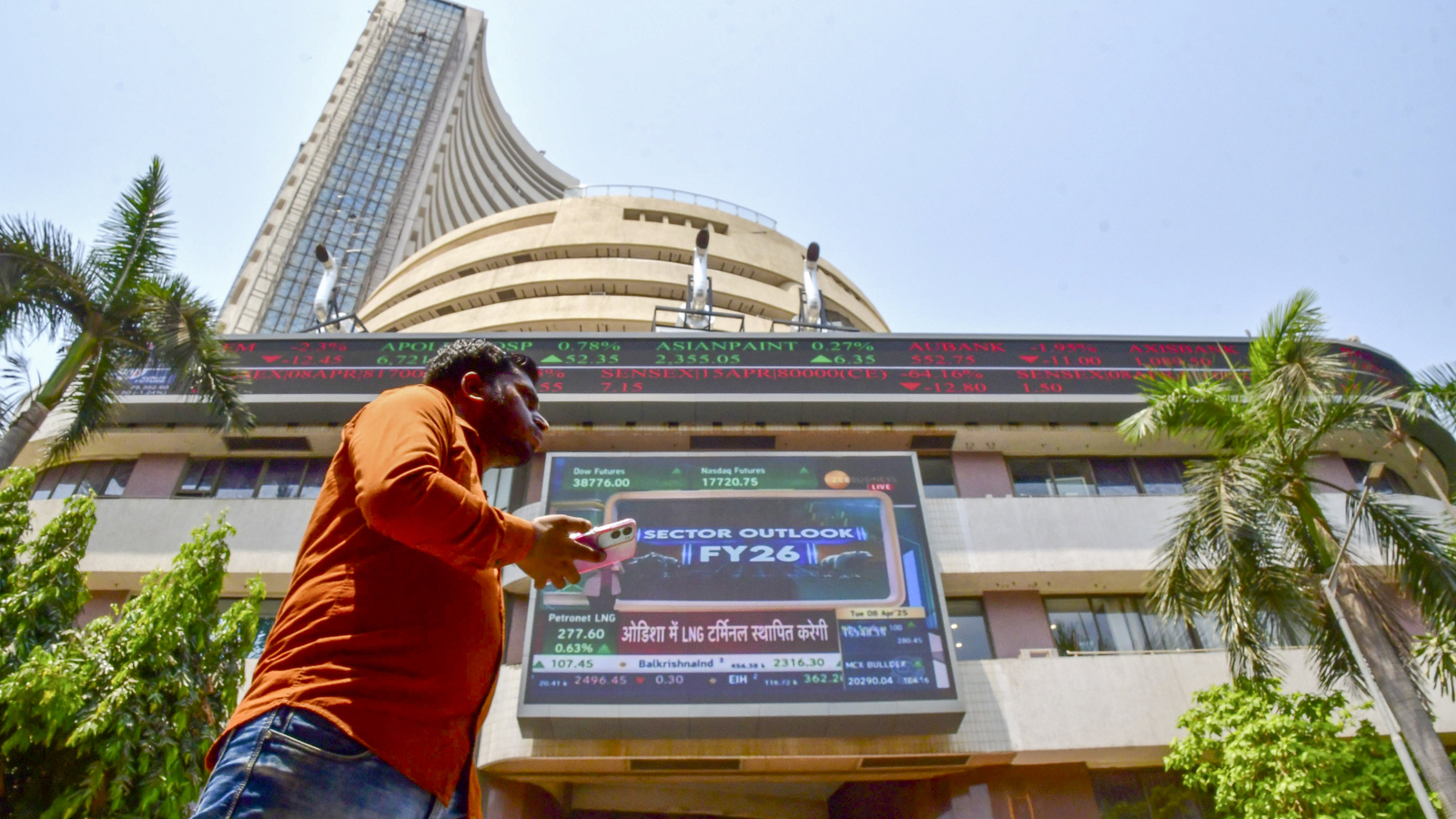New Delhi: The European Union has soon tracked the India-European Union Free Trade Dialogue with the possibility of an early crop deal, and both sides dialogues are getting this purpose in Brussels this week, a few days after the end of the 11th conversation in New Delhi on 16 May, the development is known about development.

The European Union does not want to be released after its predecessor member, the United Kingdom concluded the Indo-UK Free Trade Dialogue on 6 May and bilateral trade talks between the United States and India are at an advanced level, saying that oblivion has been requested.
In about two-pain chapters, trade, investment, government procurement, dynamics for professionals, and intellectual property-India and European Union have already finalized at least three to four chapters, they said. Other proposed chapters include sanitary and phytosative measures, technical barriers for business, business treatment, rules of origin (ROO), customs and business facilities, competition, business defense, dispute settlement, geographical signs and sustainable development.
“The proposed FTA between India and the European Union in two phases is likely to abolish-a comprehensive compromise with the early crop and the subsequent two reasons with the fruit hanging. First, the nature and scope of the FTA are huge, including the general consensus between 27 European Union members.
Both partners (India and the European Union) understand that they should first focus on main trade affairs and later leave negotiations related to non-core issues. India adopted a similar approach with Australia when the two countries concluded an FTA in 2022. Its interaction with the US for bilateral trade agreement (BTA) is also on the same lines.
On 28 April, Hindustan Times reported that the free trade talks of the India-European Union had collected speed with both partners who started sector-specific dialogue for the first time after reducing the chapter-wise differences, but continued to disagree on non-core issues such as stability.
Following significant achievements on core chapters related to market access, both sides introduced field-specific discussions starting with automotive and medical devices industries, which have been stated in the report.
The talks were rapidly tracked after a meeting between leaders of both sides in New Delhi on 28 February. Business matters have now gained stability, carbon tax and deforestation rules such as negotiations on non-trade issues, people said. He was referring to the meeting of European Union President Ursula von Der Leyen and Prime Minister Narendra Modi during the College of Commissioners India Visit in February this year.
According to the above people, the reason for the European Union’s request on incorporating non-business cases is that a deal may not be agreed for the last 18 years. The FTA negotiations between the two partners were first launched in 2007 and then suspended in 2013 due to “difference in ambition”. Negotiations resumed in 2022 after a meeting of leaders of India-EU-Einural Union in May 2021.

